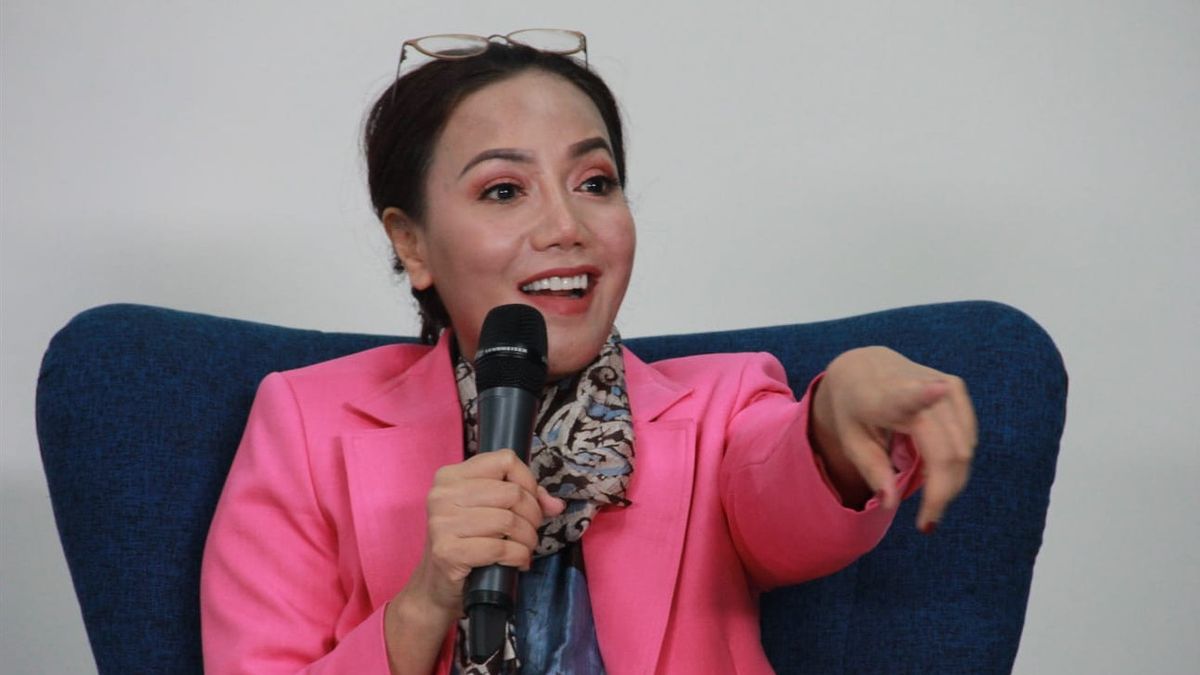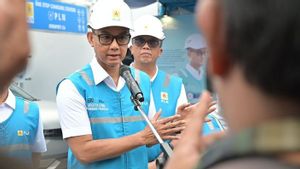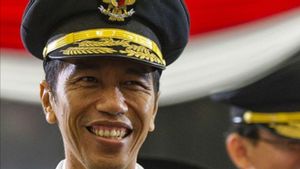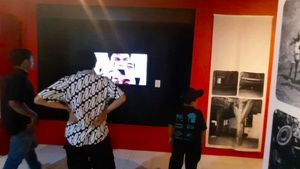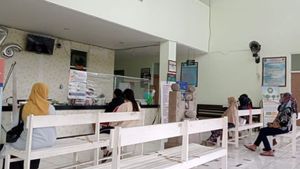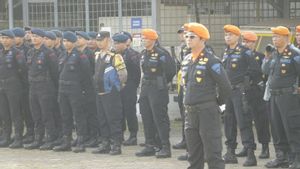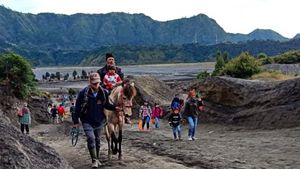Jakarta - Mercu Buana University invited PWI Jaya to hold a Guest Lecture Seminar entitled "Robot Journalists As Challenges for Young Broadcasters". The event was held at the Multi Media Building, Mercu Buana University Campus, Jalan Meruya Selatan, West Jakarta, Wednesday, June 15.
This lecture was delivered by the Head of the Inter-Institutional Division of PWI Jaya, Ami Atmanto. In her presentation, Amy revealed that Robot Journalism, which is a form of Artificial Intelligence (AI) according to Stanford Computer Science, is defined as the science and engineering of making intelligent machines. This machine involves a mechanism to perform a task using a computer.
Currently, AI through various types of robots and machines is present in the industrial world (manufacturing) and then ejects thousands of human workers from factories.
"AI is then not only present in manufacturing but also in journalism, a field that has been synonymous with critical thinking, logic, and writing skills," said Amy.
Will robots take over journalism? “Never will,” Ami quoted Charlie Beckett, director of media think tank Polis at the London School of Economics, who recently led research on 71 news organizations in 32 countries.
Amy explained that the Beckett team's research shows that newsrooms generally use AI in three areas, namely news gathering, production, and distribution.
The potential of artificial intelligence, machine learning, and data processing can be harnessed by journalists as a new force. However, this “new power” has resulted in a new responsibility for journalists to ensure the accuracy of the data.
Future Journalists
Gary Cameron from Reuters said human journalists are still needed to create script templates. Human journalists are also needed because they have the "feel" to choose the right diction and according to the context. Things that robots or computers can't do.
There are several journalism activities that still require the existence of human journalists. Resource Relations where Human Journalists are skilled at developing resource relationships to dig up more information all things AI cannot.
Another meaning, is adaptation to Social Media which means Social media platforms are also shaping trends in journalism, as more and more newsrooms are using Facebook and Twitter to deliver news in real time.
Ami also emphasized that human journalists are urgently needed to report directly from the location, report every development intensely, as well as move to look for information sidebars to sharpen analysis.
This Guest Lecture Seminar was held in a hybrid manner, attended by around 30 4th and 6th semester students majoring in Broadcasting, Faculty of Communication, Mercu Buana University who attended face-to-face, and as many as 118 other students took part in this event online.
In this lecture, from Mercu Buana University, the Head of Broadcasting Study Program, Faculty of Communication, Mercu Buana University, Dr. Suraya Muflihun, MSi, Head of the Public Relations Bureau of Mercu Buana University Riki Arsendi, Deputy Head of the Public Relations Bureau, Dudi Hartono.
The seminar itself was guided by Ridho Azlam Ambo Asse who is also the Secretary for Broadcasting Studies at the Faculty of Communication Science.
The English, Chinese, Japanese, Arabic, and French versions are automatically generated by the AI. So there may still be inaccuracies in translating, please always see Indonesian as our main language. (system supported by DigitalSiber.id)
